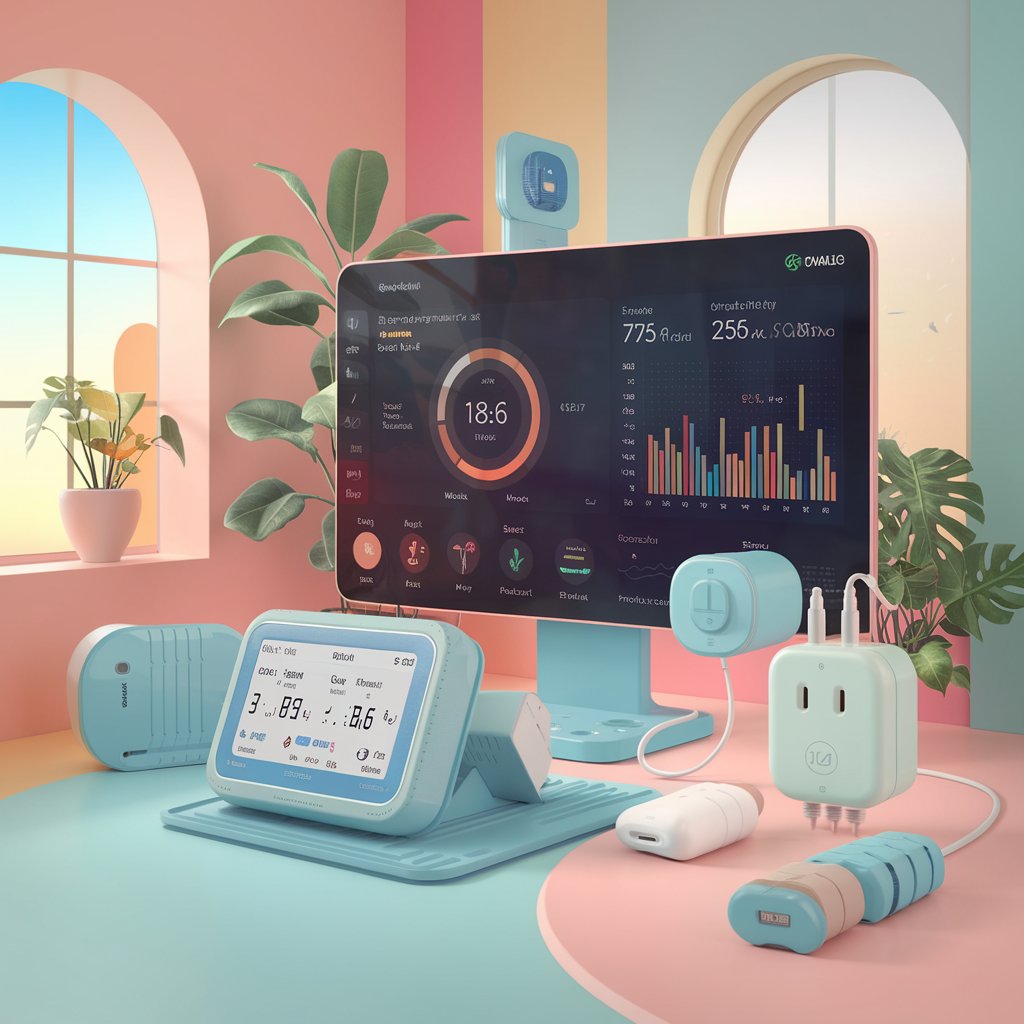Unraveling Innovative Power Measurement Techniques
Understanding Power Measurement: Key Innovations and Techniques
Power measurement plays a crucial role in managing energy effectively. It’s not just about picking the right tools; it’s about understanding the intricate balance between precision and practicality. At its essence, power measurement quantifies how quickly systems consume energy, forming a foundation for performance and safety across diverse fields. The heart of successful power measurement is in recognizing and deploying various methods and technologies that offer accurate readings.
These techniques range from tried-and-true analog devices—dependable, yet sometimes limited in their data insights—to cutting-edge digital systems that offer extensive data analysis. Much like how core stability exercises form the backbone of a fitness routine, selecting the right measurement technique is vital for ensuring precise power tracking and analysis.
The range of techniques offers different levels of sensitivity, speed, and data integration capabilities. Depending on the method, the way data is utilized and analyzed can shift dramatically. With tech advances, today’s digital systems add intelligence to everyday settings, boosting our ability to monitor and enhance energy use. This ongoing evolution is akin to how progressive overload principles change views on growth and capacity.
The Evolution of Power Measurement Technology: Past to Present
Exploring the evolution of power measurement technology unveils valuable insights into its historical advancements and future potential. Initially rooted in simple tools, the journey of power measurement reflects a remarkable development. Early versions focused on basic consumption indicators, with analog meters offering a breakthrough in understanding energy usage. However, these early tools were limited by the technology of their time.
The shift to digital power meters marked a significant leap, providing enhanced accuracy and comprehensive data gathering capabilities. This sophistication allowed for a deeper understanding of consumption patterns, empowering organizations to optimize energy use effectively.
Advancements such as real-time measurement have reshaped the energy landscape, offering instant feedback to enable rapid adjustments. This precision is similar to the advances in personalized health assessments, much like how fitness testing unveils insights into individual health metrics.
The integration of smart meters has transformed energy management by enhancing control and awareness. With seamless interfaces, consumers can make informed decisions about their energy consumption, reflecting a broader empowerment in energy management.
Moreover, AI-driven platforms are redefining energy personalization, providing tailored management solutions enhancing both efficiency and sustainability. Power measurement’s journey continues, with ongoing refinements focusing on precision and adaptability, setting the stage for future advances.
Benefits of Accurate Power Measurement: Efficiency and Cost Reduction
A precise grasp of energy consumption offers substantial benefits in enhancing efficiency and cutting costs. Accurate power measurement helps identify energy wastage, allowing businesses and households to plan for more efficient energy use. This precision mirrors the customized approaches found in evaluating fitness equipment energy use, similar to tailored strategies in online custom training plans.
Reliable power metrics make energy management simpler, supporting informed decisions aimed at reducing carbon footprints. On an individual level, grasping power measurement can foster sustainable habits much like incorporating functional exercises to boost physical endurance. High-precision data empowers users to forecast energy needs accurately and promotes renewables integration, boosting sustainability efforts. Improving operational efficiency through precise power measurements can elevate energy performance, much like strategic fitness regimens enhance athletic endurance.
Technological breakthroughs in power measurement not only improve energy tracking but also support comprehensive energy management approaches. Accurate metrics are as integral to buildings as core stability is to fitness, promoting sustainable energy systems akin to maintaining flexible and strong physiques.
Challenges and Solutions in Power Measurement: Overcoming Obstacles
Addressing the complex landscape of power measurement involves tackling several inherent challenges with innovative solutions. Precise data collection is key, yet environmental variability and equipment inconsistencies can pose significant hurdles. Ensuring optimal device functionality despite temperature, humidity, and other conditions is crucial.
Significant challenges also include integrating advanced analytics to extract meaningful insights. Data inconsistencies often frustrate efforts to achieve peak efficiency, but solutions such as standardized protocols and real-time monitoring technology can mitigate these issues. Utilizing advanced calibration techniques ensures raw data precision, transforming it into actionable intelligence. Moreover, robust data analytics convert these insights into effective strategies for optimizing energy use.
Technological solutions such as dynamic scaling and automated alerts add layers of optimization. Dynamic scaling adjusts power use in real-time, whereas automated alerts provide early notice of inefficiencies or anomalies.
Individuals can apply such insights to personal contexts by exploring fitness testing apps, which use fitness testing methodologies like advanced power measurement techniques to raise awareness and foster energy conservation.
The Future of Power Measurement: Pioneering New Horizons
The future of power measurement is set for remarkable innovation, poised to revamp how energy use is monitored and optimized. Imagine devices capturing electrical output while simultaneously gauging user physiological responses, ushering in a new era of biofeedback in power management.
The untapped potential of data analytics within power measurement systems is vast. Advanced algorithms could provide predictive insights that optimize energy usage and promote efficiency. Sophisticated sensors would deliver consistent, precise readings, minimizing errors that historically plagued measurement practices.
The advent of augmented reality and AI in power measurement is set to redefine user experiences, providing real-time feedback and intuitive control interfaces. Such advances will help guide consumers in optimizing daily routines for seamless energy consumption and optimal energy use. Ultimately, the future holds possibilities extending beyond mere power measurement, towards creating environments tailored for efficiency and comfort.
For those interested in integrating these innovations into their lifestyles, exploring AI applications in fitness could offer valuable insights into adopting cutting-edge technology for personal gain.







